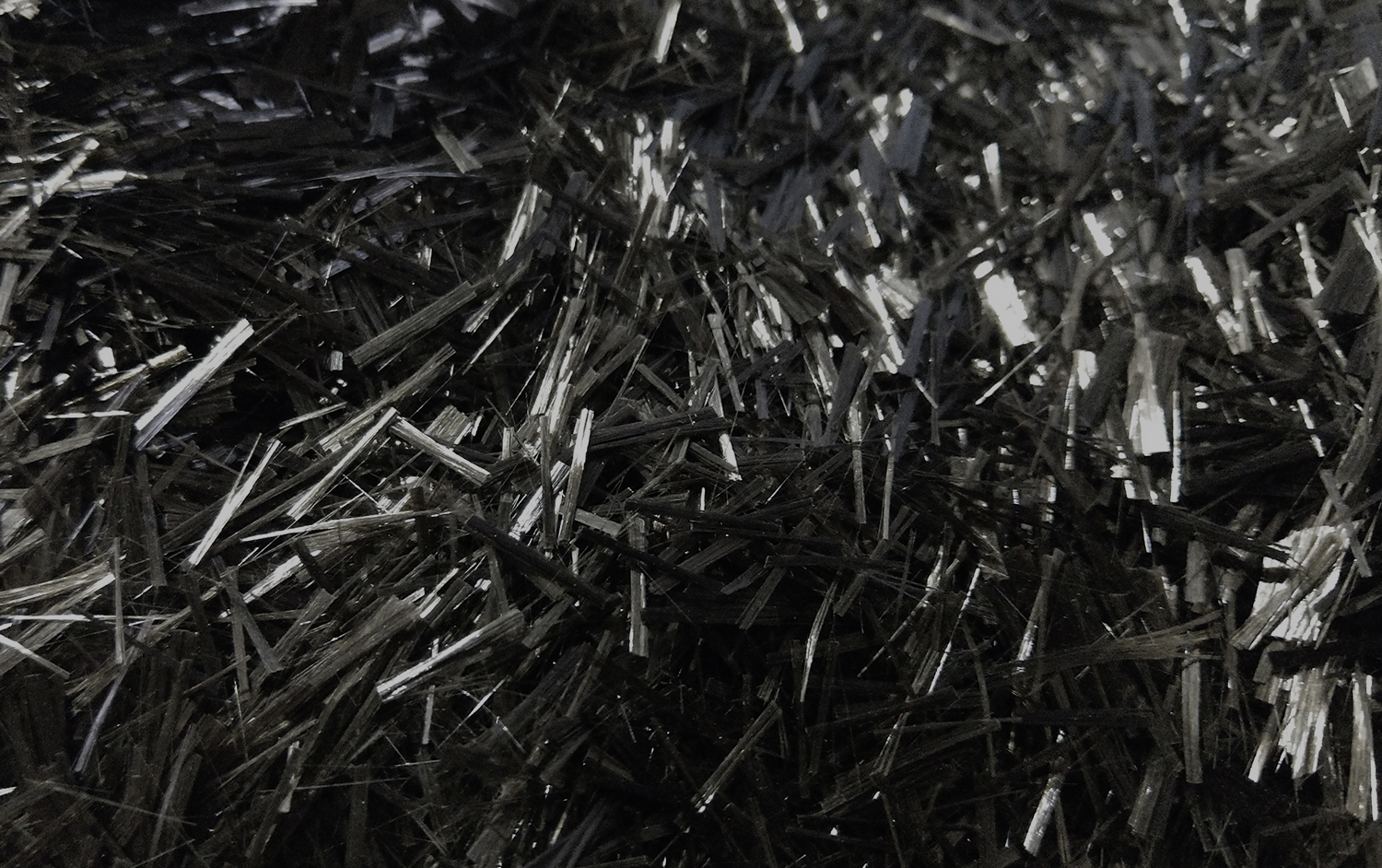Basalt fiber is widely used in civil and industrial construction, in infrastructure facilities, especially where structures are subject to serious mechanical, chemical, thermal and other aggressive effects.
Basalt fiber is extremely resistant to mechanical abrasion, water and chemicals, therefore concretes with its use are widely used for floors, platforms, paths in places with heavy traffic of people and vehicles.
Concretes with basalt fiber are used in the construction of earthquake-resistant structures, military fortifications, explosive facilities, collectors and concrete pipes for the transportation of aggressive substances and liquids with a large number of abrasive particles.
Basalt fiber is used for concrete in printed and decorative concrete, concrete fences, sand concrete, for the manufacture of foam concrete, and is effective in the manufacture of pavement tiles. This additive in concrete improves its quality; resistance to deformation, concrete does not spread, does not crack after shrinkage, and this significantly reduces the marriage in work. Thanks to the use of basalt fiber in concrete, its hydration improves, concrete becomes more resistant to temperature changes. The use of basalt fiber for the production of foam blocks is one of the best options, it can significantly reduce the hardening time of concrete.
Advantages:
- Increases the fire resistance of concrete structures;
- Slows down the delamination of concrete and concrete solutions;
- Does not absorb moisture;
- Increases the strength of the concrete structure in bending and axial tension;
- Increases impact resistance and splitting resistance in structures;
- Does not require additional changes in the technology of preparing building mixtures
Characteristics:
- Elementary fiber diameter from 16 to 60 microns
- Cut length from 6 to 24 mm
- Lubricant – water-soluble, content from 0.04%
- Operating temperature from -26°С to +70°С
- Resistant to acids and alkalis
- Hygroscopic
- Dielectric
- Consumption 0.5 – 5 kg/m³
